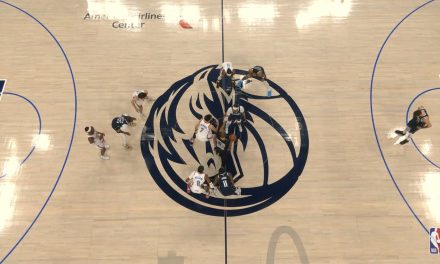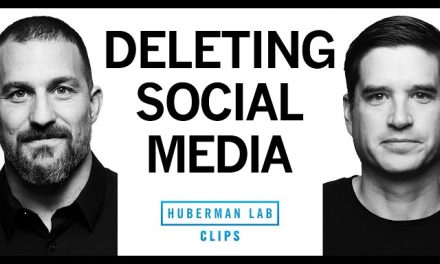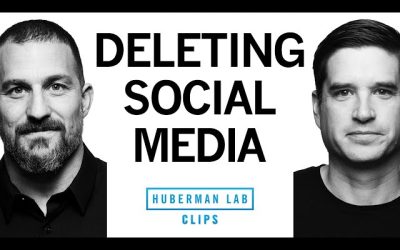“Einstein’s Quantum Riddle” refers to a thought experiment or paradox posed by physicist Albert Einstein, along with Boris Podolsky and Nathan Rosen, in 1935. It is commonly known as the EPR paradox, named after the initials of the three physicists.
The thought experiment was designed to challenge the completeness and accuracy of quantum mechanics, particularly the principle of quantum entanglement. Quantum entanglement refers to a phenomenon where two or more particles become correlated in such a way that the state of one particle is dependent on the state of the other, regardless of the distance between them.
In the EPR paradox, the scenario involves a pair of particles, such as photons, that are created together in a specific quantum state, known as an entangled state. According to quantum mechanics, the properties of these entangled particles are not determined until they are measured, at which point their states become fixed. However, until the measurement is made, their properties exist in a superposition of all possible states.
Einstein and his colleagues argued that this quantum entanglement implied a problem with the completeness of quantum mechanics. They proposed a scenario where the two entangled particles are physically separated by a large distance, far beyond the range of any possible communication or influence between them.
In the EPR paradox, if a measurement is made on one of the particles, it instantaneously determines the state of the other particle, even though they are spatially separated. This apparent faster-than-light influence, contradicting Einstein’s theory of relativity, troubled Einstein, who famously referred to this as “spooky action at a distance.”
Einstein’s argument was that quantum mechanics could not provide a complete description of physical reality because it allowed for non-local influences. He believed that there must be “hidden variables” that determined the properties of particles and that quantum mechanics was an incomplete theory.
However, subsequent experiments, such as Bell’s theorem experiments conducted in the 1960s and 1970s, have shown that the predictions of quantum mechanics hold true, and the EPR paradox is resolved in favor of quantum mechanics. These experiments demonstrated that any theory based on local hidden variables would violate certain statistical correlations, which have been confirmed in numerous experiments.
Quantum entanglement and the EPR paradox remain intriguing and fundamental aspects of quantum mechanics. While the paradox challenged our understanding of reality, experimental evidence has consistently supported the validity of quantum mechanics, even if it defies our classical intuition.































South Florida Media Comments